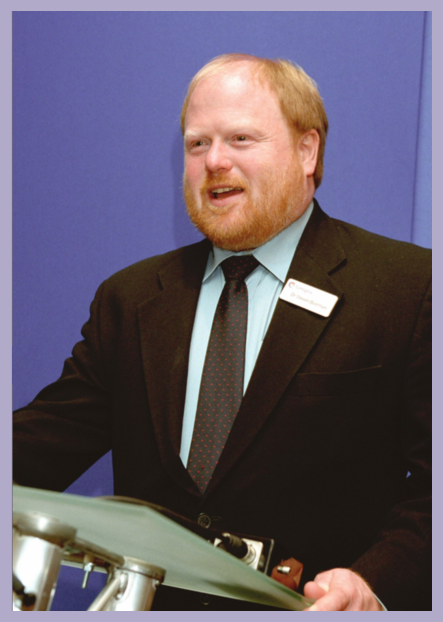by Dr Steven Boorman CBE, Director of Employee Health, Empactis,
 Chair of the Council for Work and Health
Chair of the Council for Work and Health
As I head towards the milestone later this year of passing my thirtieth year in occupational health, I find myself optimistic mixed with the “glass half empty” of recognising that the same barriers remain in place: barriers to those who want to work with long term conditions. Over my career I have worked regularly with ARMA members and experts, and I have personal experience of working with a MSK condition.
The recent “Improving Lives” consultation and subsequent Government Strategy paper highlighted that since 2013, 400000 more people have become disabled (rising to over 7 million across the UK) and 3.7 million people have a musculoskeletal disorder, yet only 1.7 million of these are employed.
For people of working age without a disability the employment rate is around 80% but for those with disabling conditions the figure is 46%.
Let’s be clear, I do understand that for some people employment is not feasible. However, we do know that, providing it is good work, work does benefit your health. The social, financial and other benefits of work activities can improve many conditions, including many MSK conditions, reducing disability and frequency of recurrence or exacerbation. My profession, occupational health, isn’t about trying to force those that can’t to work, to do so risks harm and isn’t good for employers or employees! On the contrary it is about helping those that want to work to match their health conditions to the work available … which is easy to say, but can be challenging, particularly if a condition such as a MSK disorder has symptoms that vary over time and may be unpredictable in its impacts.
But my reflection here is that whilst we know such conditions are painfully common, we haven’t yet managed to adapt our health, social care and employment practices to adequately help those that want to be in work to be there.
Let’s start with sickness certification. It’s not always easy to see a GP, and whilst conceptually the idea of changing a sick note to now include an option to advise an employer about potential work adjustments is a good one, the reality is that many GPs lack the training or the time to adequately explore options during a short clinical consultation. My time spent working to improve disability assessment also taught me how difficult it is to adequately consider changing function with time and so, in the mistaken belief that it’s the safest option, often it’s easier to say “unfit for work”.
Annually 300,000 people become sick and lose their jobs and come in to the benefits system, many with MSK, often also associated with other conditions. Benefits assessments focus on the information collected on the day and don’t consider the barriers or practical difficulties that prevent work. If things improve to enable a consideration of returning to work, the risk may be loss of benefits and a long wait and further assessments to get them back, and the challenge of finding employers (even given the requirements of Equality legislation) willing to adapt and match work to physical needs can also be hard.
 Occupational health advice may help, but “Improving Lives” shows clearly that it is not there for many – many, particularly smaller, employers have limited knowledge or access to OH and to be brutally honest the quality and experience of OH providers to cope with complex fluctuating conditions can be poor. Again, Occupational Health assessments are often undertaken at a point in time and whilst they will include consideration of symptoms and disability changing, flexible working adjustments can be hard to create.
Occupational health advice may help, but “Improving Lives” shows clearly that it is not there for many – many, particularly smaller, employers have limited knowledge or access to OH and to be brutally honest the quality and experience of OH providers to cope with complex fluctuating conditions can be poor. Again, Occupational Health assessments are often undertaken at a point in time and whilst they will include consideration of symptoms and disability changing, flexible working adjustments can be hard to create.
At its simplest, what’s needed are mechanisms to enable a person who wants to work with a long term and changing medical problem to be able to interact with their employer / manager without delay and with the capability to change work to match needs at the time. Again, I recognise that this isn’t always feasible or practicable, but now working for a technology firm, I realise that real-time solutions are achievable, but under-utilised. Given the right and timely information most employers want to support their employees to enable work, but poor communication and understanding often makes this difficult.
Eric Topol, the American Cardiologist and technology pioneer, criticised the medical profession for being too slow to change and adapt. I find myself today reflecting that, whilst the “Improving Lives” work rightly highlights the needs to make changes in the way we operate our health and social care systems to improve the chances for people who can to work, to make this feasible we have to make it easy – easy for employers to know what’s needed and how to meet those needs; easy for the employee to understand and communicate those needs; and easy for the care systems to support needs as they change.
I hope it doesn’t take another thirty years for this to happen, and as I learn more about what changing technology can do, I am optimistic that it won’t!

